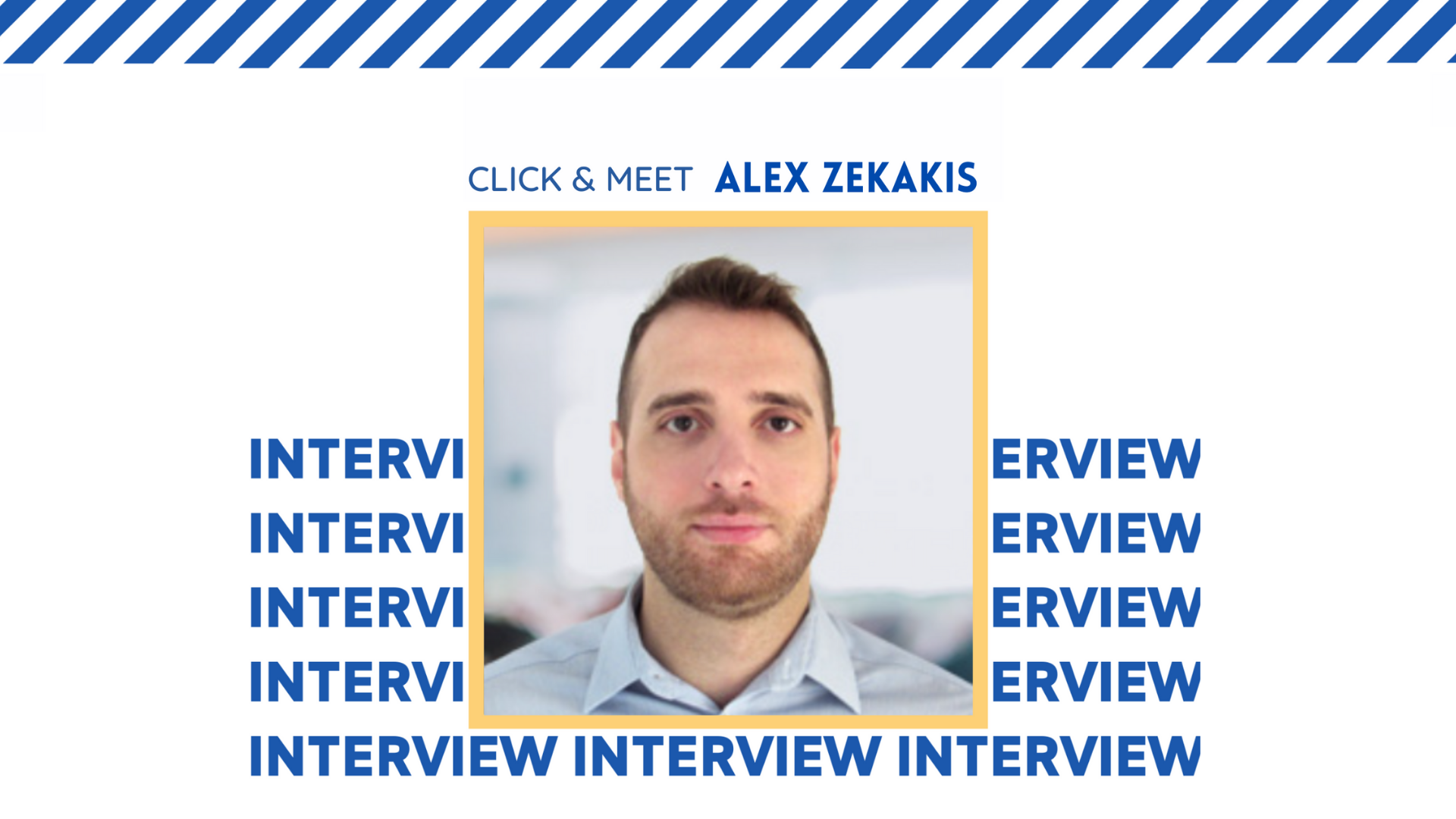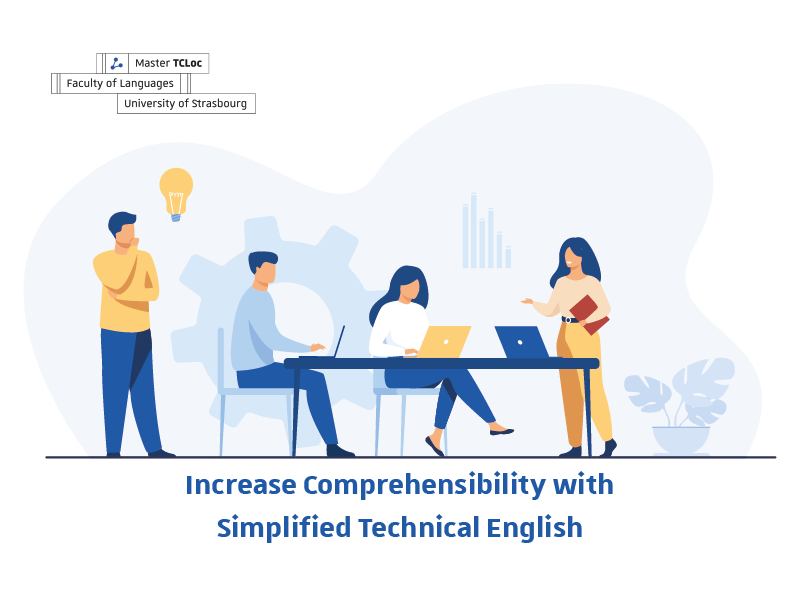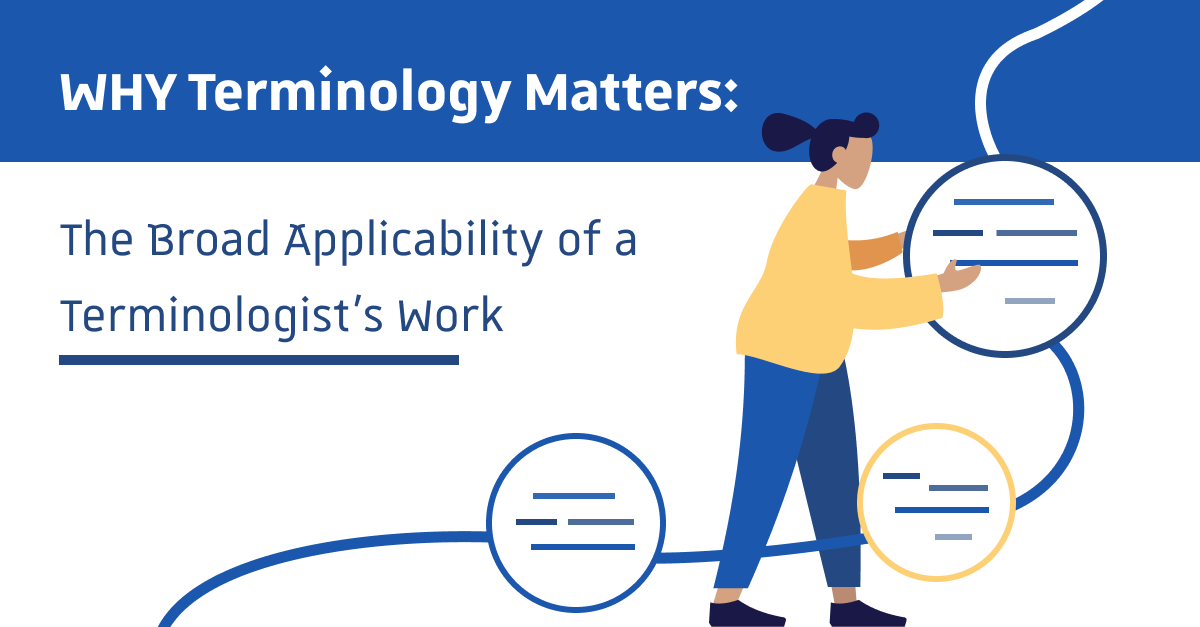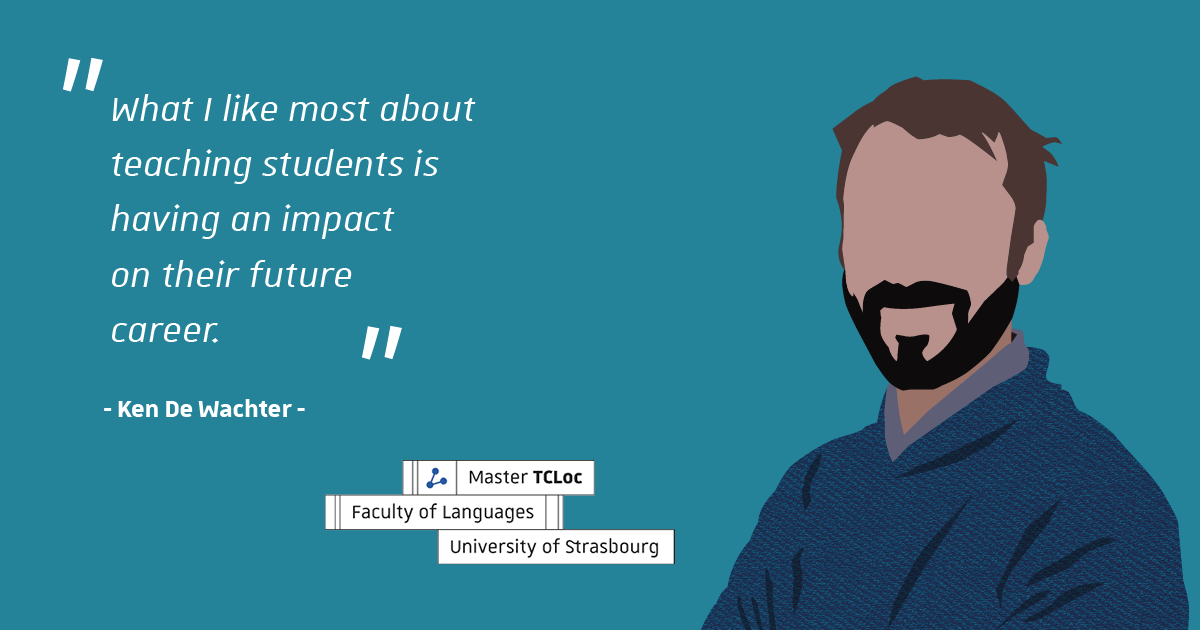Interviews with TCLoc instructors: meet Alexandros Zekakis
Alex Zekakis teaches three courses as part of the TCLoc program: “Introduction to CAT Tools”, “Advanced Configuration for CAT Tools” and “Mobile App Localization”. He also works as European Solutions Architecture Manager at XTM International, where he runs a remote team that mainly focuses on supporting pre-sales activities.









